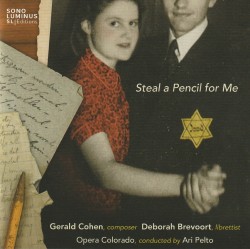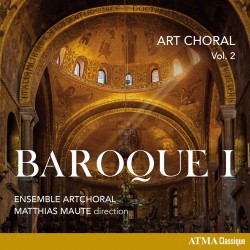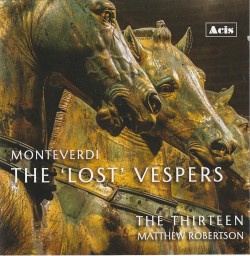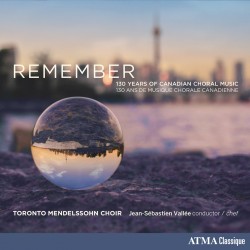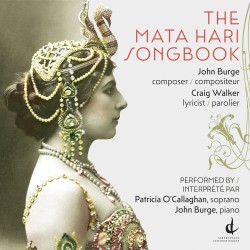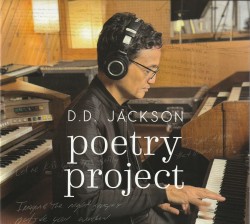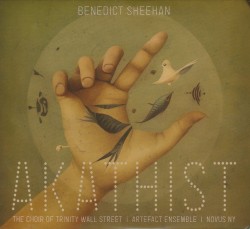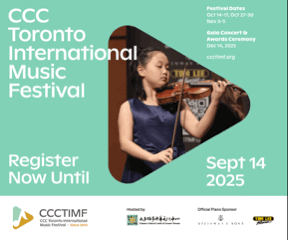Forgotten Spring: The Early Lieder of Fanny Hensel - Harry Baechtel; Chuck Dillard
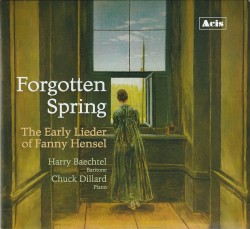 Forgotten Spring – The Early Lieder of Fanny Hensel
Forgotten Spring – The Early Lieder of Fanny Hensel
Harry Baechtel; Chuck Dillard
Acis APL53882 (acisproductions.com/forgotten-spring-fanny-hensel-lieder-harry-baechtel-chuck-dillard)
A quarter of a century into our next millennium we are in the thrall of remarkable discovery, that of incredible music by women composers. These works include buried masterpieces by composers such as Clara Schumann, Florence Price – and most remarkable of all – hidden gems by the brilliant Fanny Mendelssohn Hensel.
Some of Hensel’s work has been performed and recorded (and reviewed here too). And now we have a disc of some of her most remarkable work. In fact, The Early Lieder of Fanny Hensel, displays a genius akin to her illustrious brother Felix.
Listening to this recording is a heady experience. It almost feels as if no expression would be hyperbole enough to express admiration for Hensel’s lieder. Her maturity – rare erudition with regard to the poetics of lied, sensitivity to lyric and finding the absolute perfectly suited melodic and harmonic conception to employ – is breathtaking.
The extraordinary music interprets poems by Johann Peter Eckermann who lived in the long shadow of Goethe. Among other poets represented are works by Luise Hensel, Ludwig Tieck, Johann Henrich Voß and Sir Walter Scott.
Meanwhile the deep and resonant baritone of Harry Baechtel captures the textural luminosity distilled into wondrous music. Moreover, the delicate pianism of Chuck Dillard makes for a perfect musical partnership.


